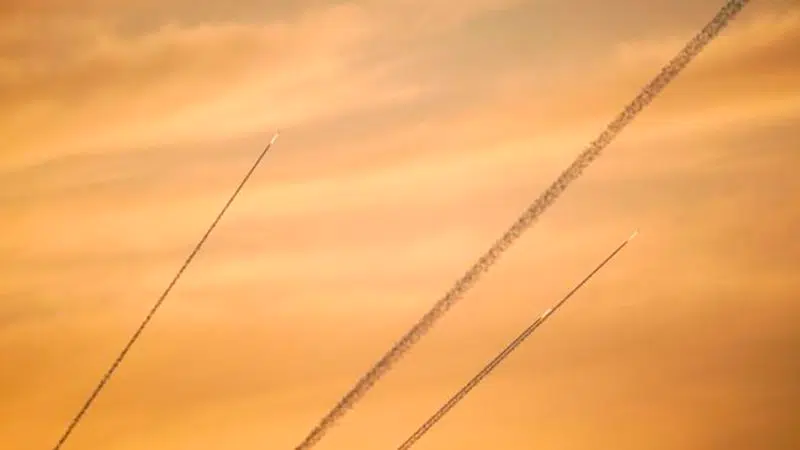
Israel steps up strikes as Gaza rocket attacks intensify
JERUSALEM — Gaza militants fired hundreds of rockets into southern Israel on Sunday, killing at least four Israelis and bringing life to a standstill across the region in the bloodiest fighting since a 2014 war. As Israel pounded Gaza with airstrikes, the Palestinian death toll rose to 23, including two pregnant women and two babies.
The bloodshed marked the first Israeli fatalities from rocket fire since the 2014 war. With Palestinian militants threatening to send rockets deeper into Israel and Israeli reinforcements massing near the Gaza frontier, the fighting showed no signs of slowing down.
Israeli Prime Minister Benjamin Netanyahu spent most of the day huddled with his Security Cabinet. Late Sunday, the Cabinet instructed the army to “continue its attacks and to stand by” for further orders. Israel also claimed to have killed a Hamas commander involved in transferring Iranian funds to the group.


